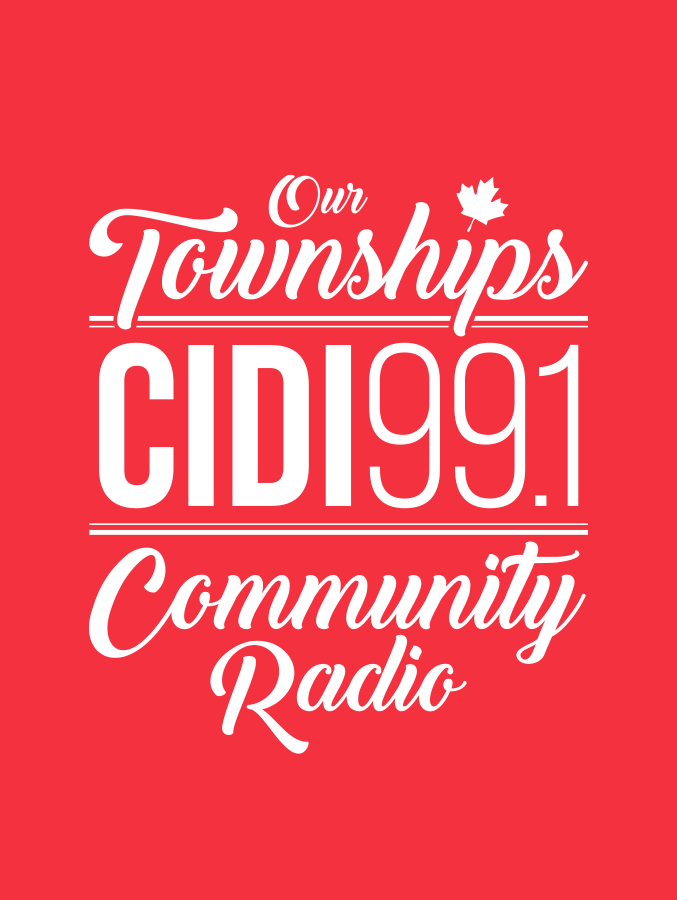Journalism Panel
Journalism panel explores state of the industry at Knowlton Literary Festival
News anchor/host, and broadcasting journalist Wendy Mesley talks all things journalism as she gets set to host a journalism panel as a part of this year's Knowlton Literary Festival. Photo taken from Knowlton Literary Festival website
By Taylor McClure
Townships’ Daily News Bits
CIDI 99.1 FM
Published on 13/10/23 - played on 12/10/23
The 13th edition of the Knowlton Literary Festival kicked off on Thursday and a journalism panel is featured as a part of the program for the very first time on Saturday, October 14.
The journalism panel will be moderated by former CBC broadcaster and member of the local community Wendy Mesley. It will see a discussion between investigative journalist and author Jacquie McNish and author and political editor of MacLean’s magazine Paul Wells as they attempt to answer the question -- is it “The End of Journalism?”
Wendy Mesley spoke to CIDI about the panel and why this topic is especially relevant right now.
According to Mesley, the panel’s topic of discussion comes at a time where the state of journalism “is at the back of everybody’s minds.”
“What on earth is going on? Is it good? Is it bad? And I think there are different ways you could argue that, depending on which age you are. I grew up in the age of Watergate and I thought journalists were heroes and now they are being portrayed as something other than heroes. So I guess it depends on your viewpoint, but I think everybody has one,” she said. “And everybody, I think, still cares somewhat about journalism. They’ve either been informed by it, they are informed by it, or they distrust it, but everybody’s got a viewpoint.”
Mesley said that there is a lot of debate and discussion around “the end” of journalism right now as questions swirl around how journalism is produced and how people go about informing themselves.
“I think that’s what everyone is talking about. There is very much a discussion now or debate now on is it all fake news? Are we all just reading things that confirm our particular siloed behaviour? Are we all polarized? So yeah, I do think that there is some of that, but there’s also great things happening,” she explained.
Mesley added that, unlike 40 years ago, there is now a variety - and diversity - of perspectives that exist within journalism that move outside of the status quo and that provide new insights, which can be seen as something positive. There are a number of issues at play however that are affecting the industry and that are contributing to the growing concerns surrounding it, including how journalism is taught in higher educational institutions with more of a focus on Public Relations and the loss of journalism programs.
“Mohawk College (in Hamilton, Ontario) used to offer a journalism course and they don’t anymore. There are a whole bunch of journalists - including Lisa LaFlamme who was an anchor at CTV - a whole bunch of journalists have been let go, a whole bunch of offices have been closed, foreign bureaus,” Mesley said. “You have the president of the United States that’s talking about fake news, which is mostly news that he doesn’t agree with, I would argue. (…) I think there is different ways of looking at it. There are certainly a lot of reasons to be nervous, to be aware.”
That’s why it’s important for people to have the opportunity to ask questions and to hear from those who have been “inside the machine and who understand it in their own way,” said Mesley.
Also on the panel are:
Jacquie McNish, is an investigative journalist for the Wall Street Journal and the Globe and Mail, who has written a number of books. Her most famous one to date is Losing The Signal: The Spectacular Rise and Fall of Blackberry, with Sean Silcoff, which has been turned into a film for the Berlin Film Festival.
Paul Wells has worked for the National Post, the Montreal Gazette, and he has written for L’actualite, La Presse, Time, and the Literary Review of Canada. He has most recently written about the Freedom Convoy in Canada in his book An Emergency in Ottawa: The Story of the Convoy Commission.
About her co-panelists, Wendy Mesley said “I think they are both fairly bullish about where we are right now. They see lots of positive developments, as well as the negative ones that I’ve spoken of. We are going to talk to them about why journalism matters, whether or not it’s dead, or whether or not it’s morphing. I think they probably have views on both of those,” explained Mesley. “Then we are going to take questions from the audience (…) about whether people still care, about journalism, about why it matters, and where we are.”
The journalism panel is taking place on Oct. 14 at Brome Lake Community Centre. If there are tickets available, they can be purchased on the Knowlton Literary Festival website or by calling Brome Lake Books.
“I just hope that people feel like they have been well served, however that is,” said Mesley.
Listen to the full interview with Mesley below:

